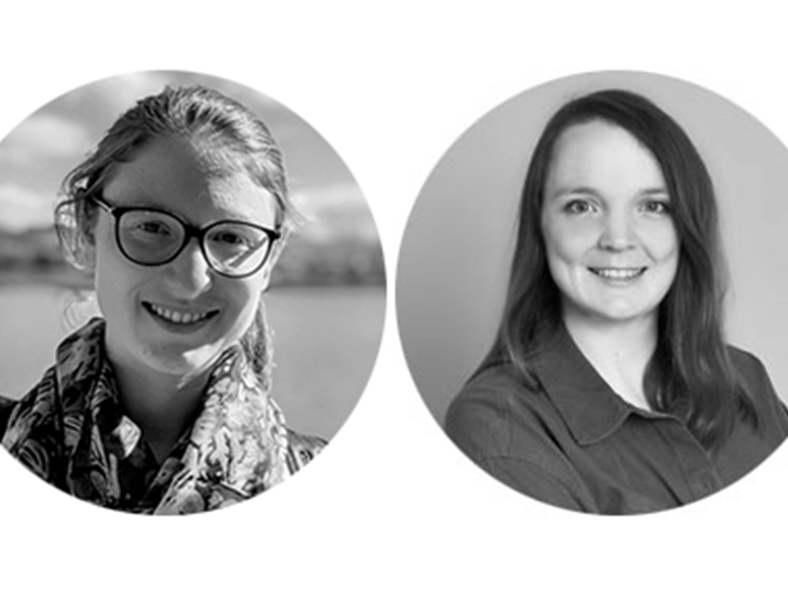25.01.2023
Two more research groups at the Cluster of Excellence Machine Learning
In January 2023, Claire Vernade and Katharina Eggensperger each took over the lead for a new research group.
Dr. Claire Vernade is head of the independent research group "Lifelong Reinforcement Learning". In the 2022 DFG call on "Artificial Intelligence Methods", she was awarded an Emmy Noether Independent Junior Research Group.
In this new research group, she studies interactive machine learning problems where feedback loops and long-term impact of actions must be taken into account to train agents. In particular, she wants to build agents who anticipate changes in the environment and show adaptive and sample-efficient behaviours that improve with experience. A key step towards this goal is to understand the foundations of non-stationary reinforcement learning and related “consequential" machine learning.
Before coming to Tübingen, Claire Vernade was a Research Scientist at DeepMind in London under the supervision of Prof. Csaba Szepesvari.
Dr. Katharina Eggensperger is the leader of the early career research group "Automated Machine Learning for Science". Her research is motivated by the goal of democratizing the application of machine learning for scientific researchers and practitioners. The primary focus of her new group is to research efficient AutoML systems that, by utilizing machine learning, automatically design predictive pipelines, yield predictions, and insights.
Before coming to Tübingen, Katharina Eggensperger was a PhD student at the Machine Learning Lab at the University of Freiburg, where she received her PhD under the supervision of Prof. Dr. Hutter (2022). In Freiburg, she conducted research on methods for AutoML, hyperparameter optimization (HPO), algorithm performance prediction, and efficient empirical evaluations of HPO methods. She also co-developed several open-source tools for AutoML and HPO.

